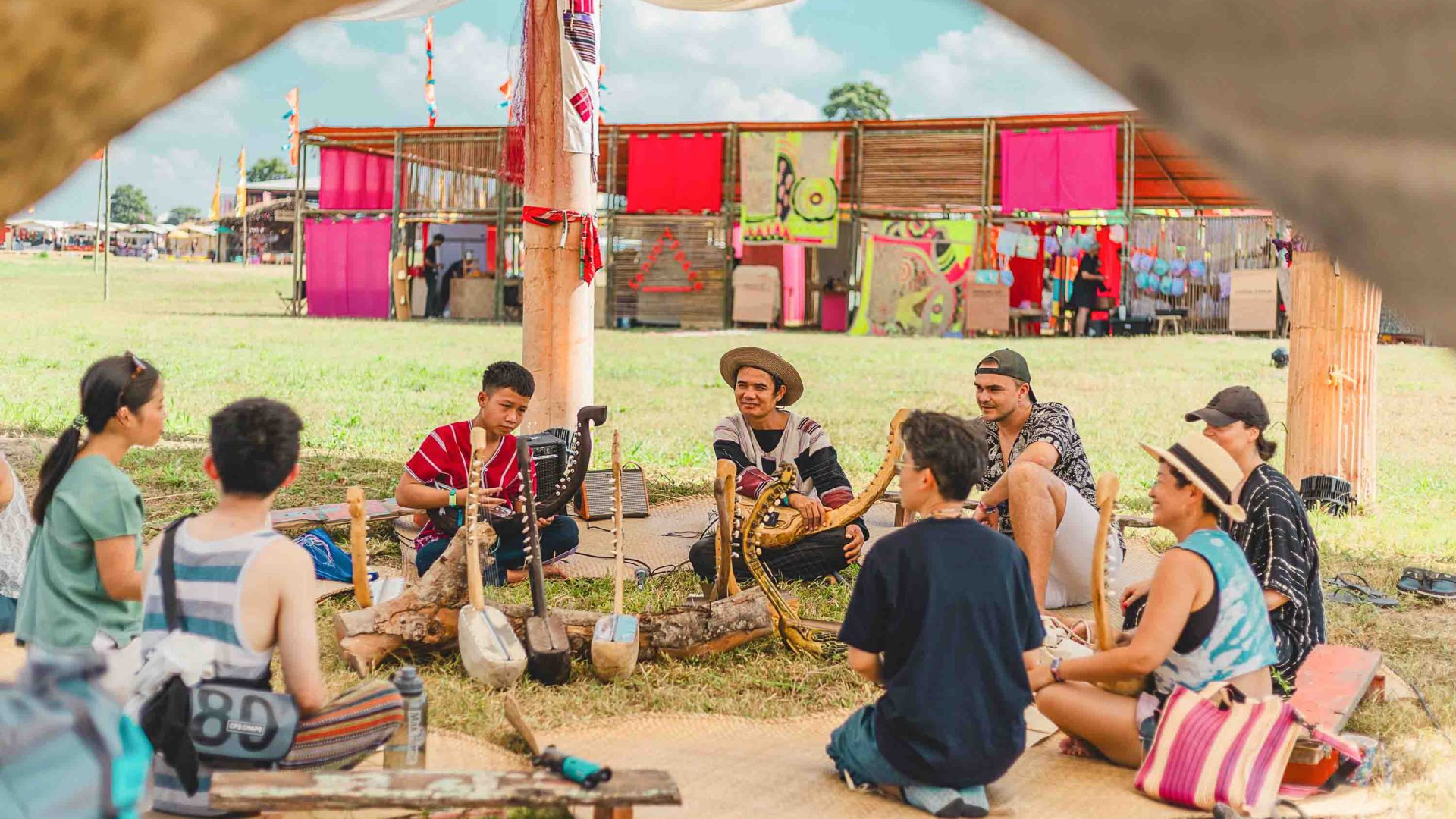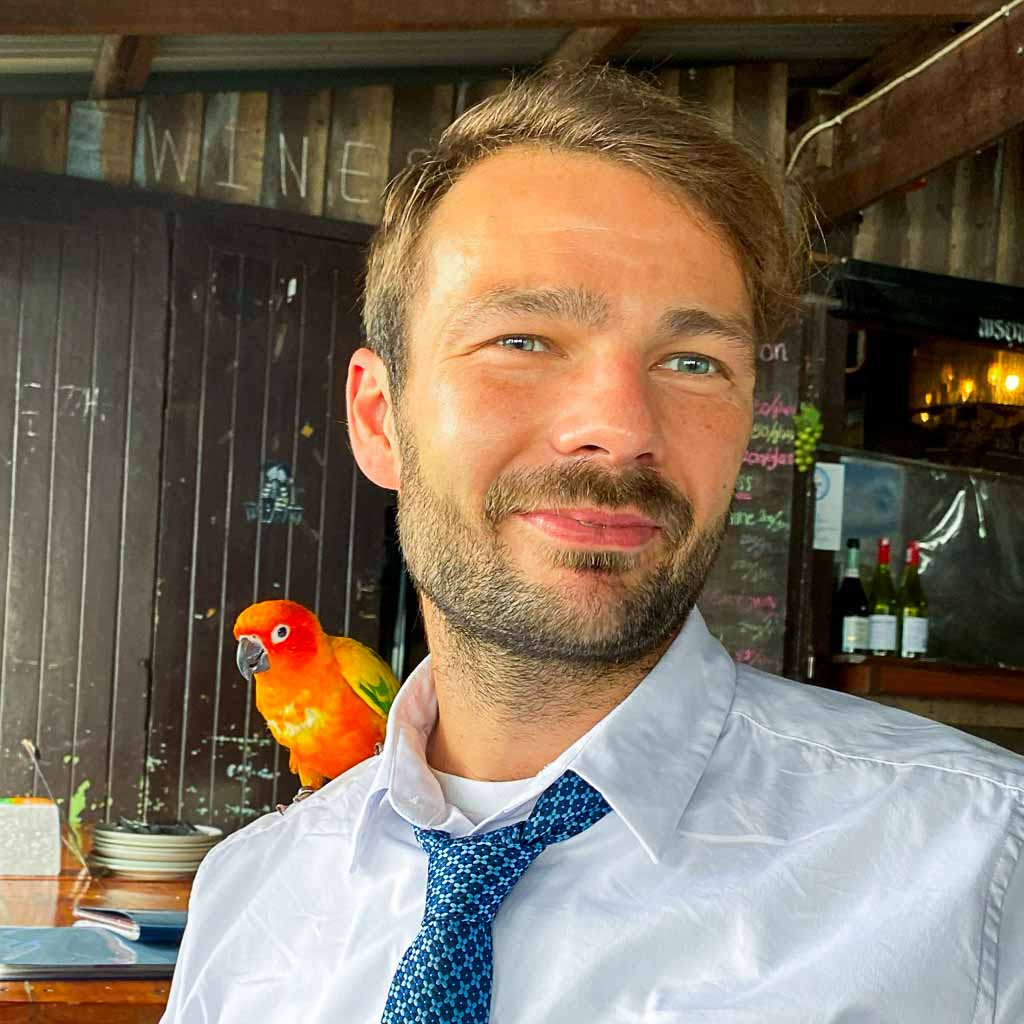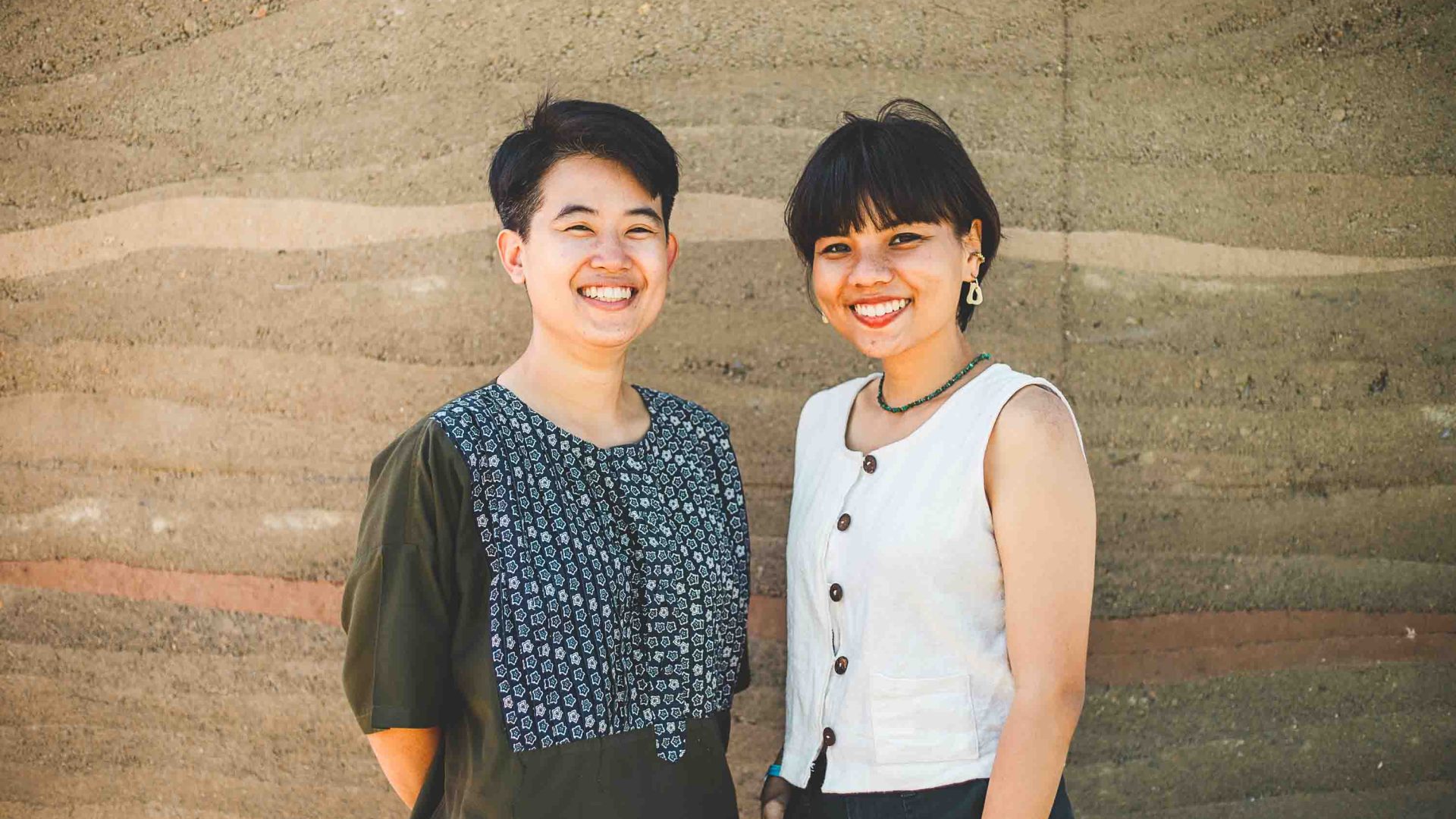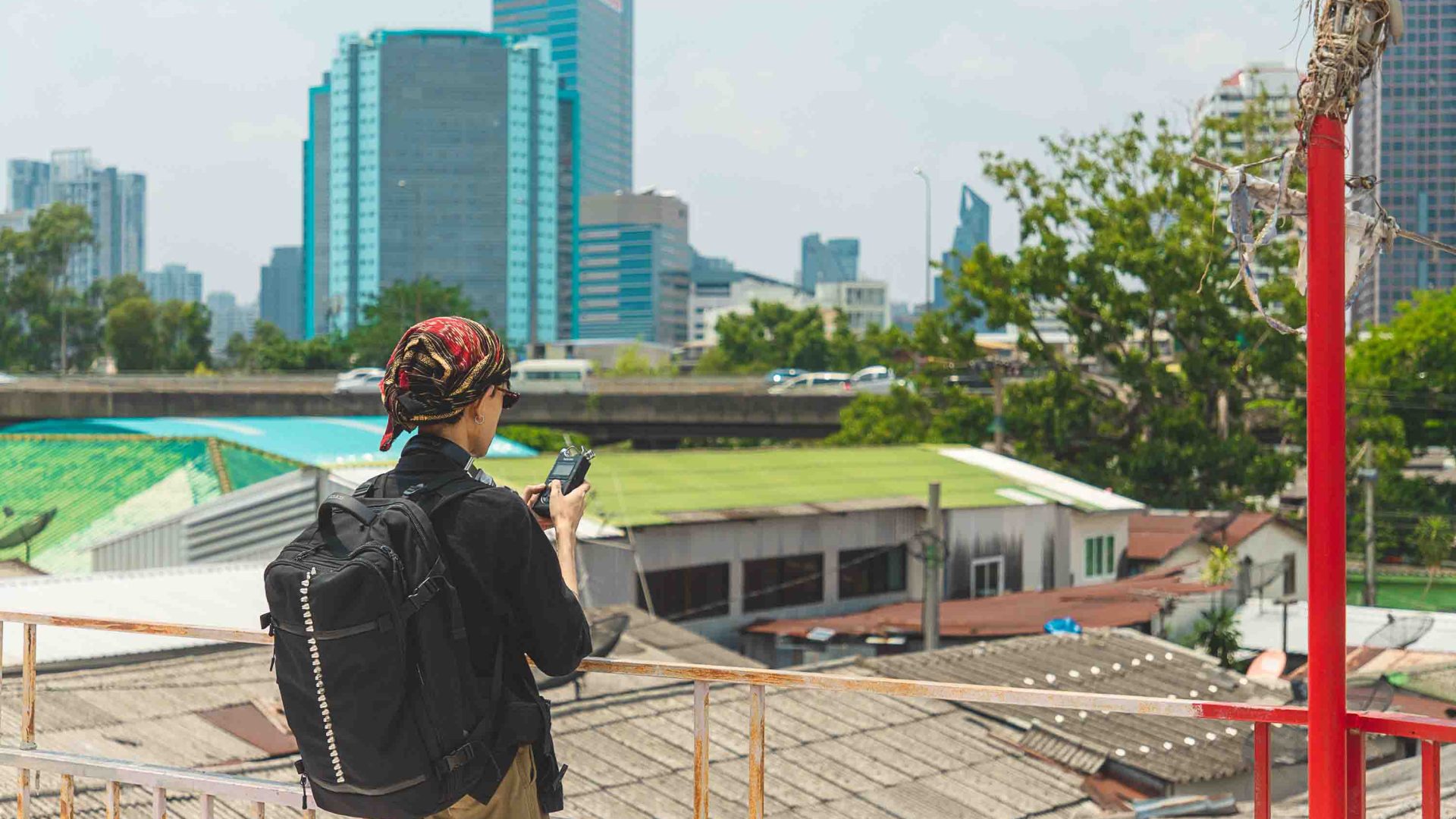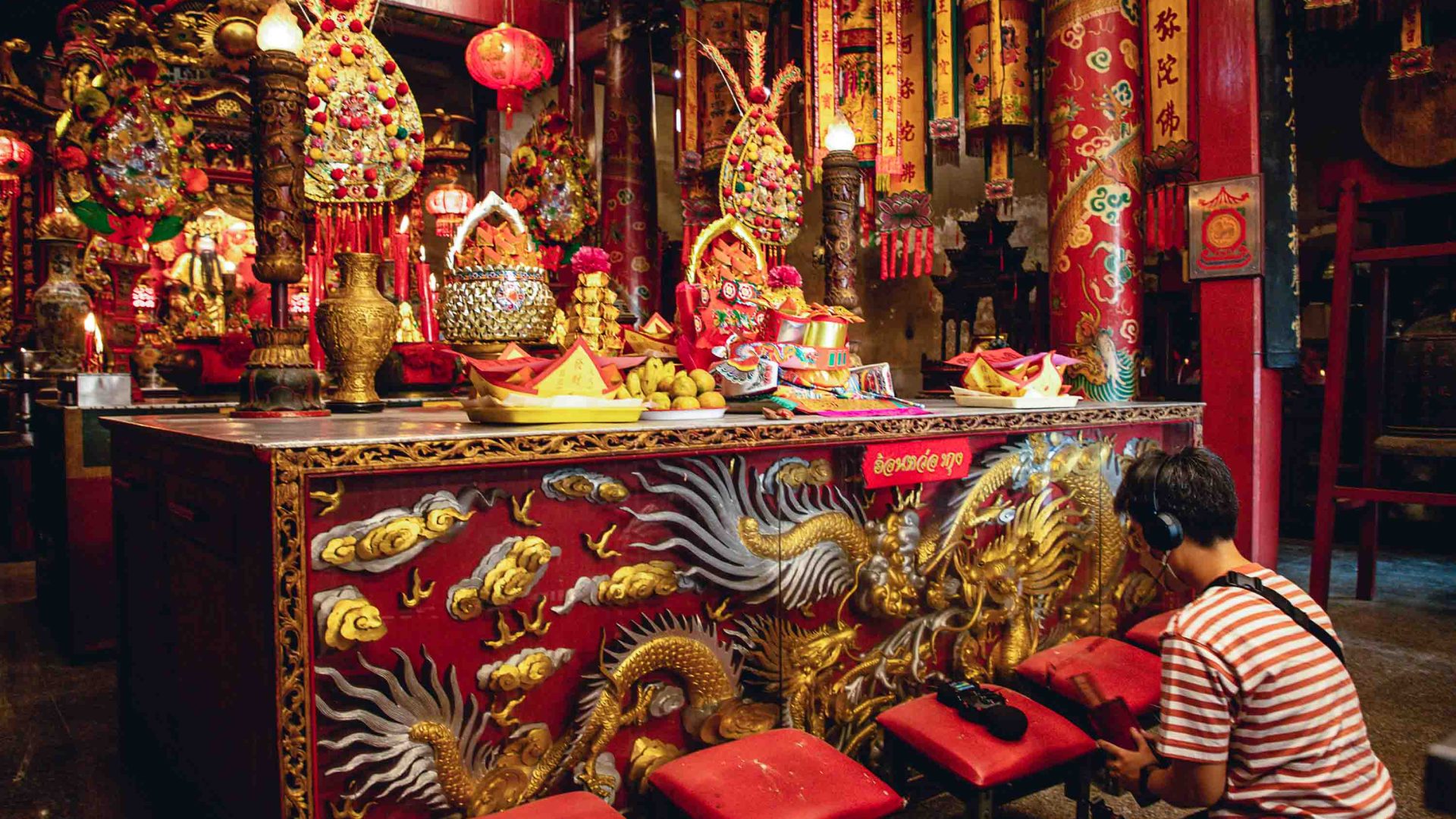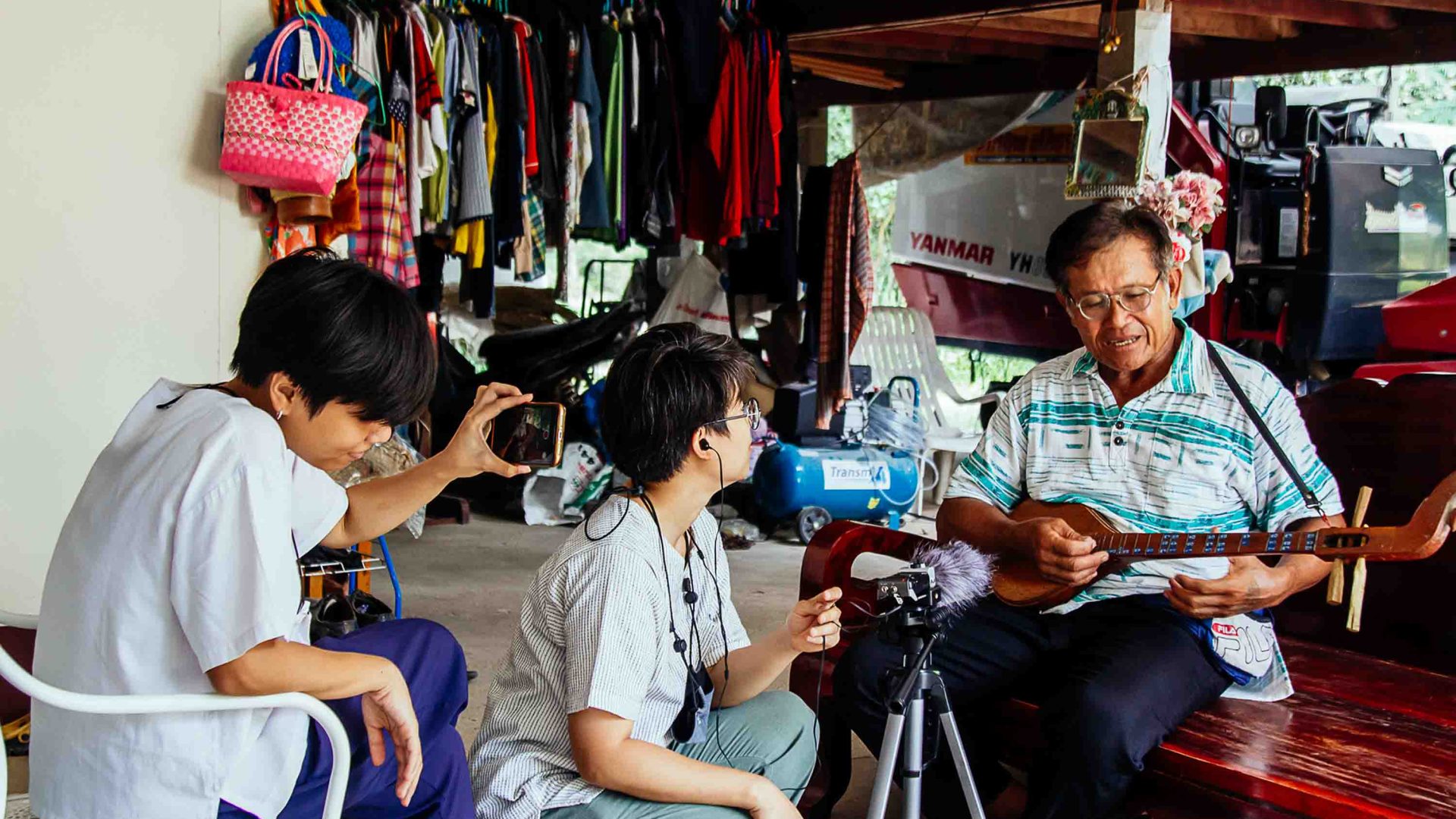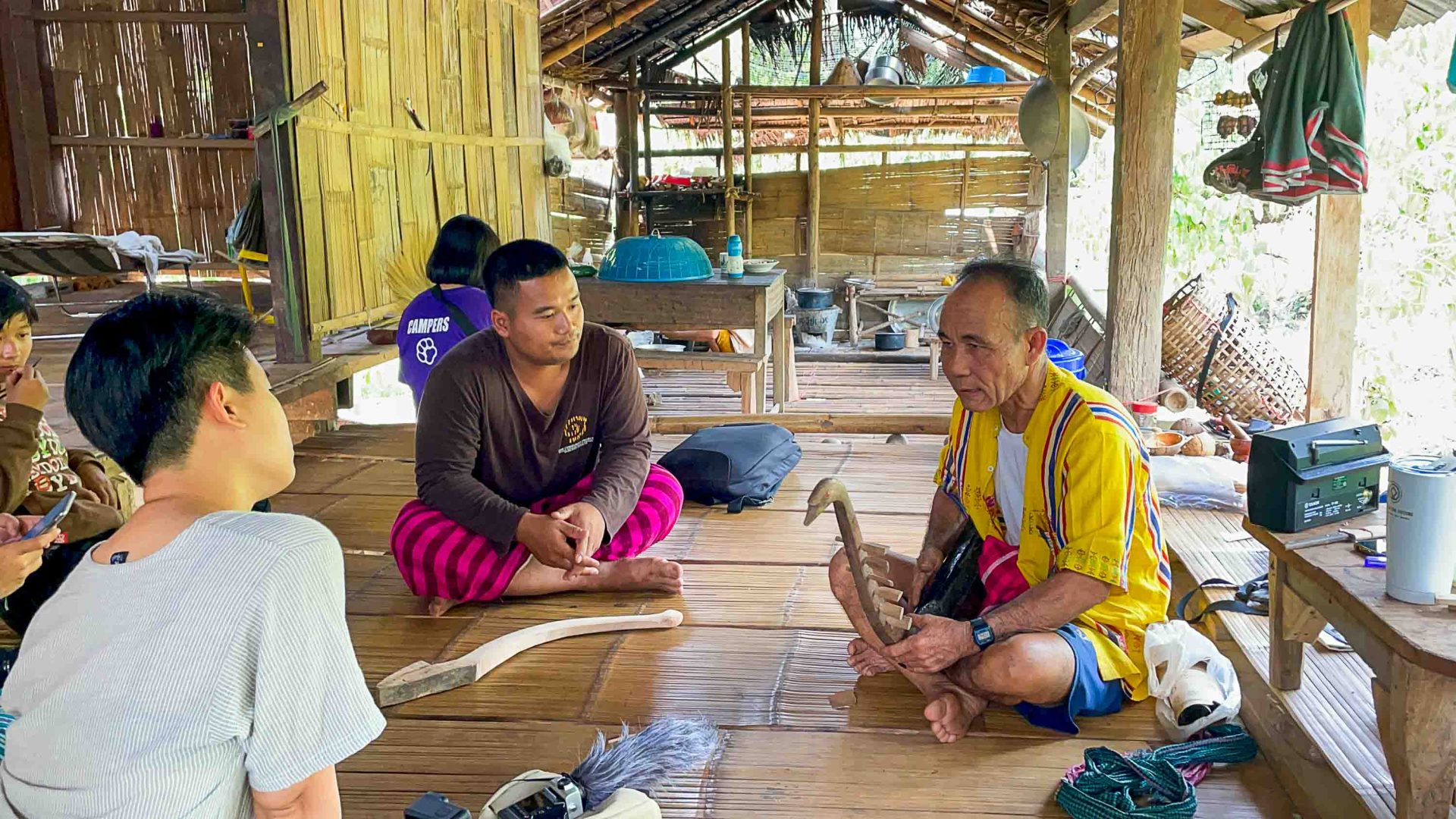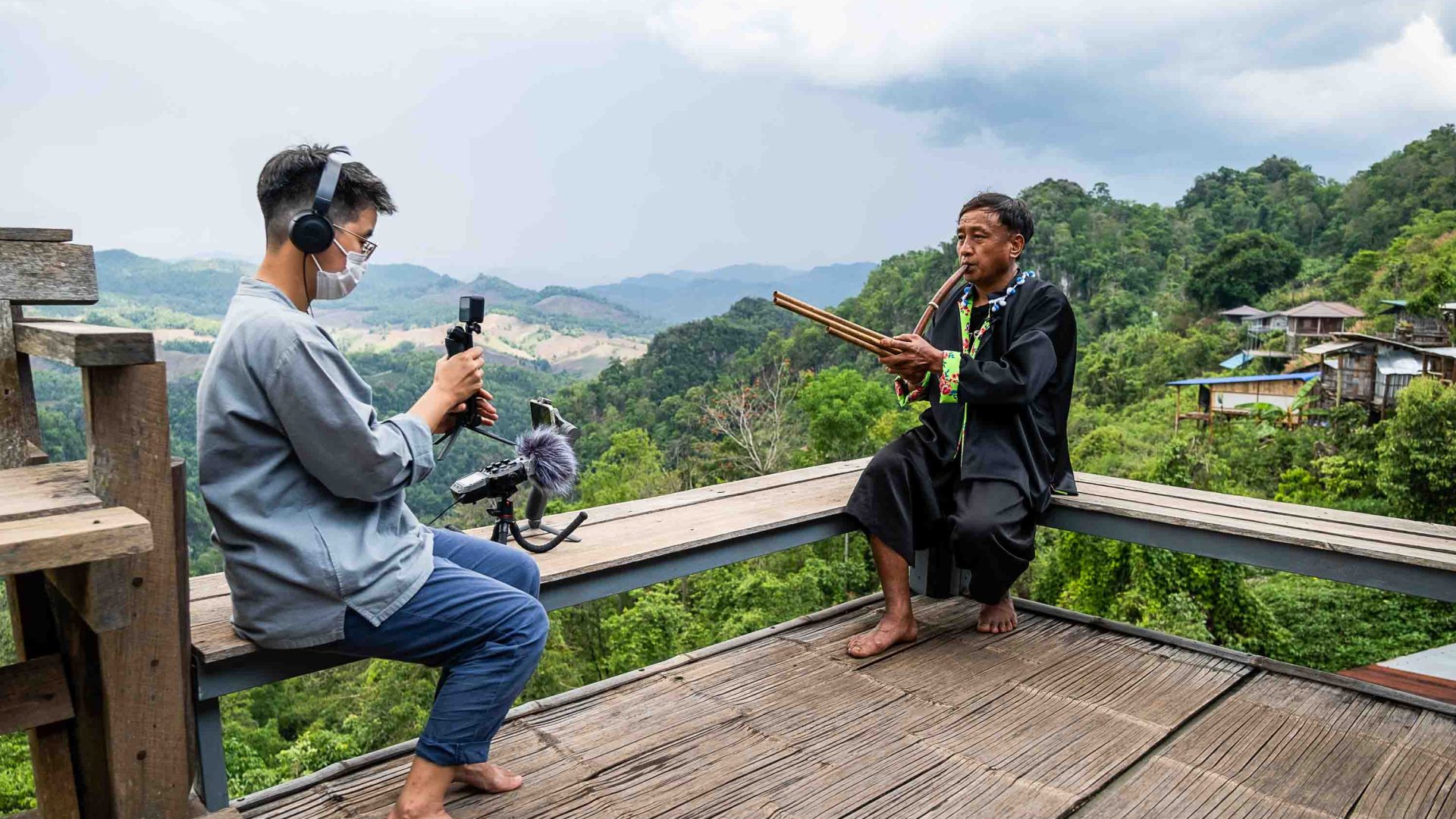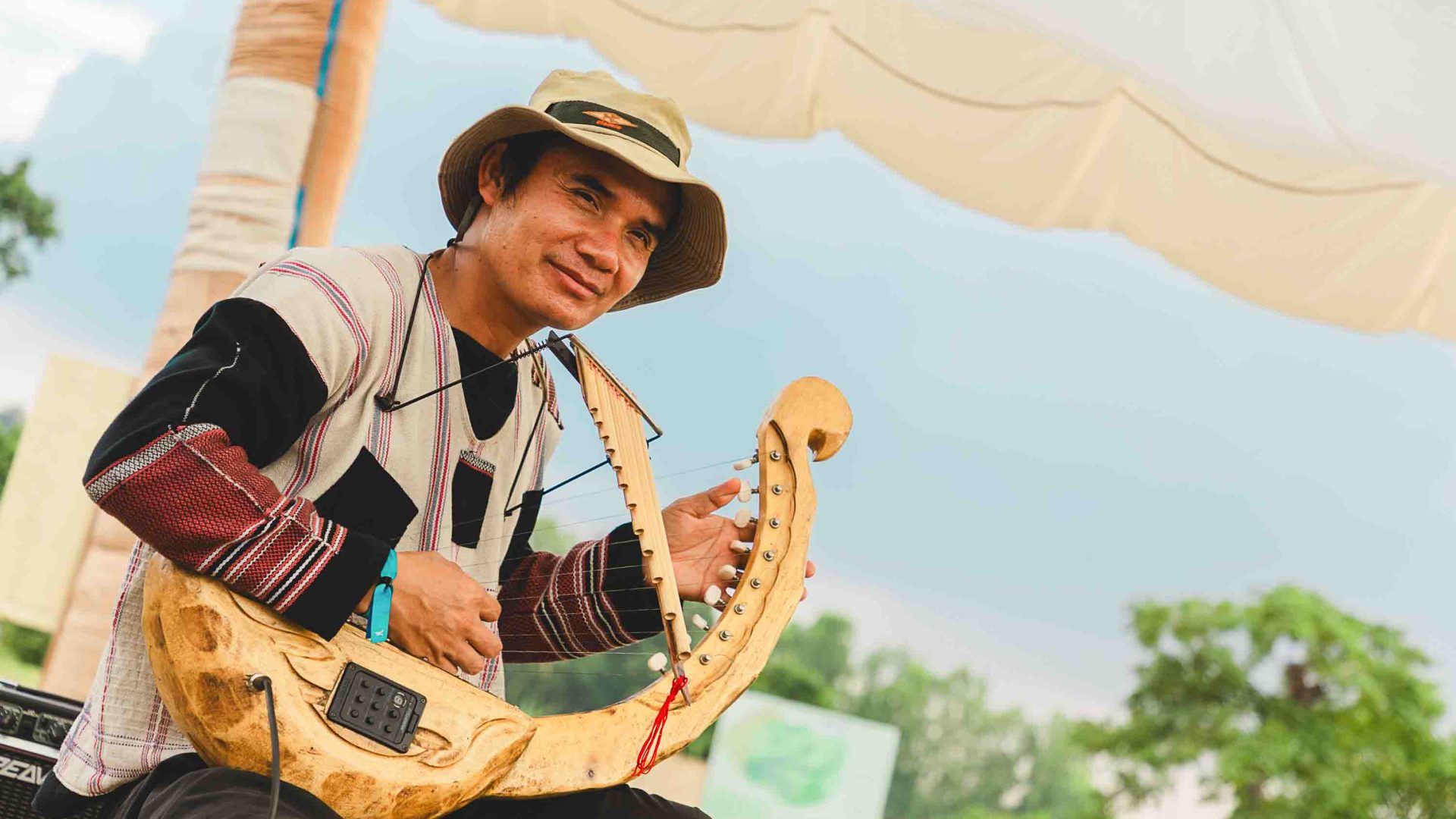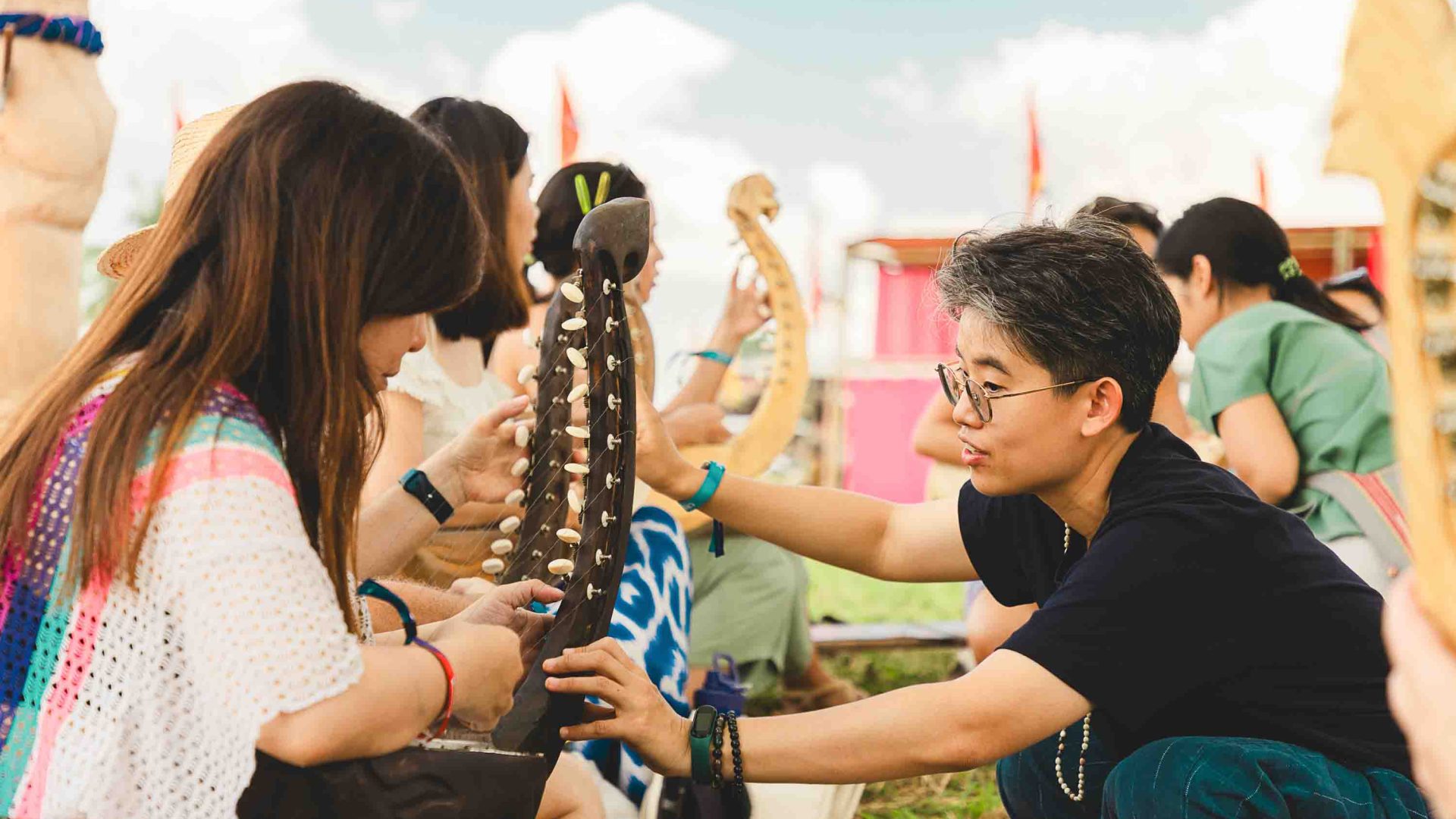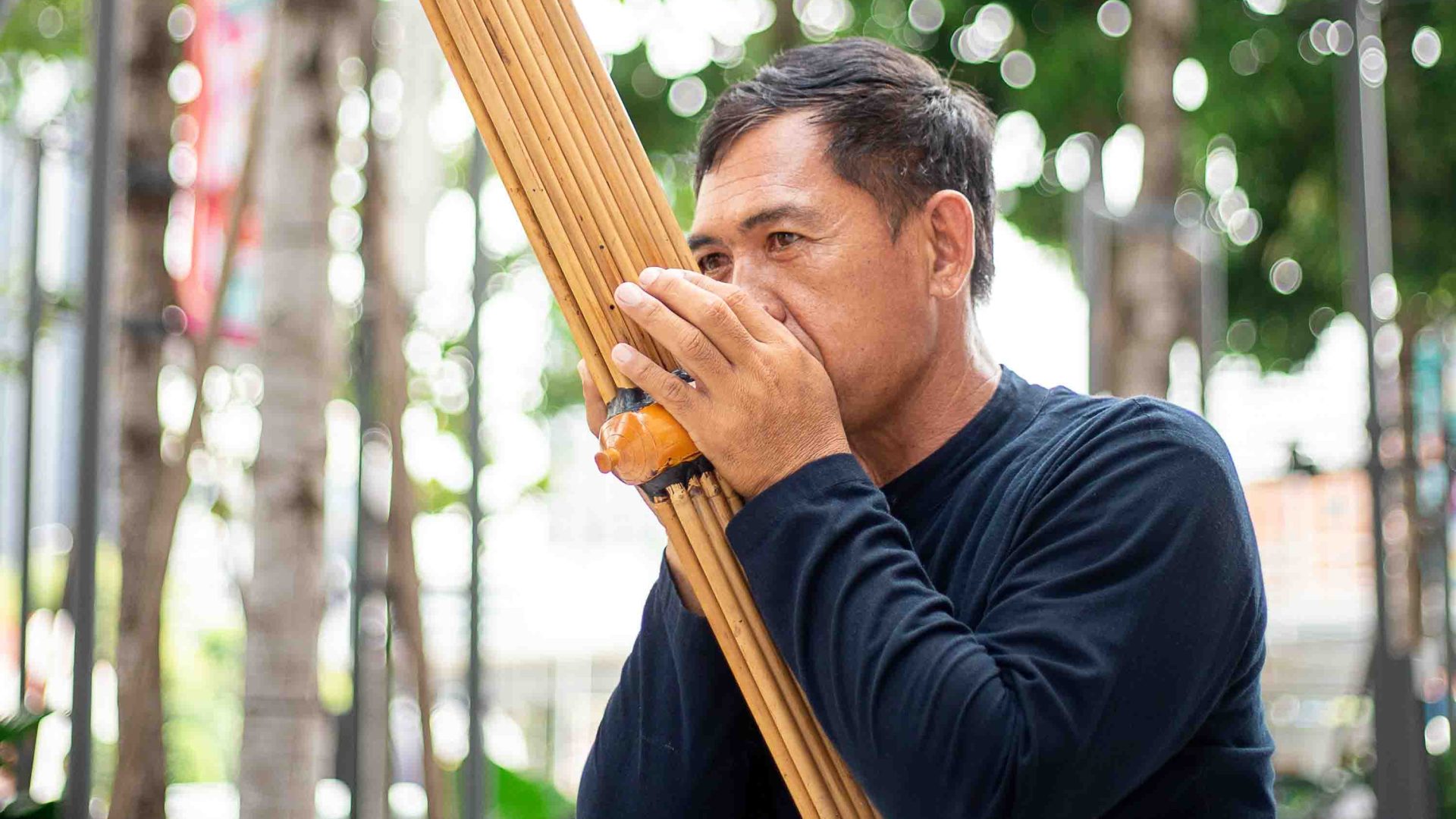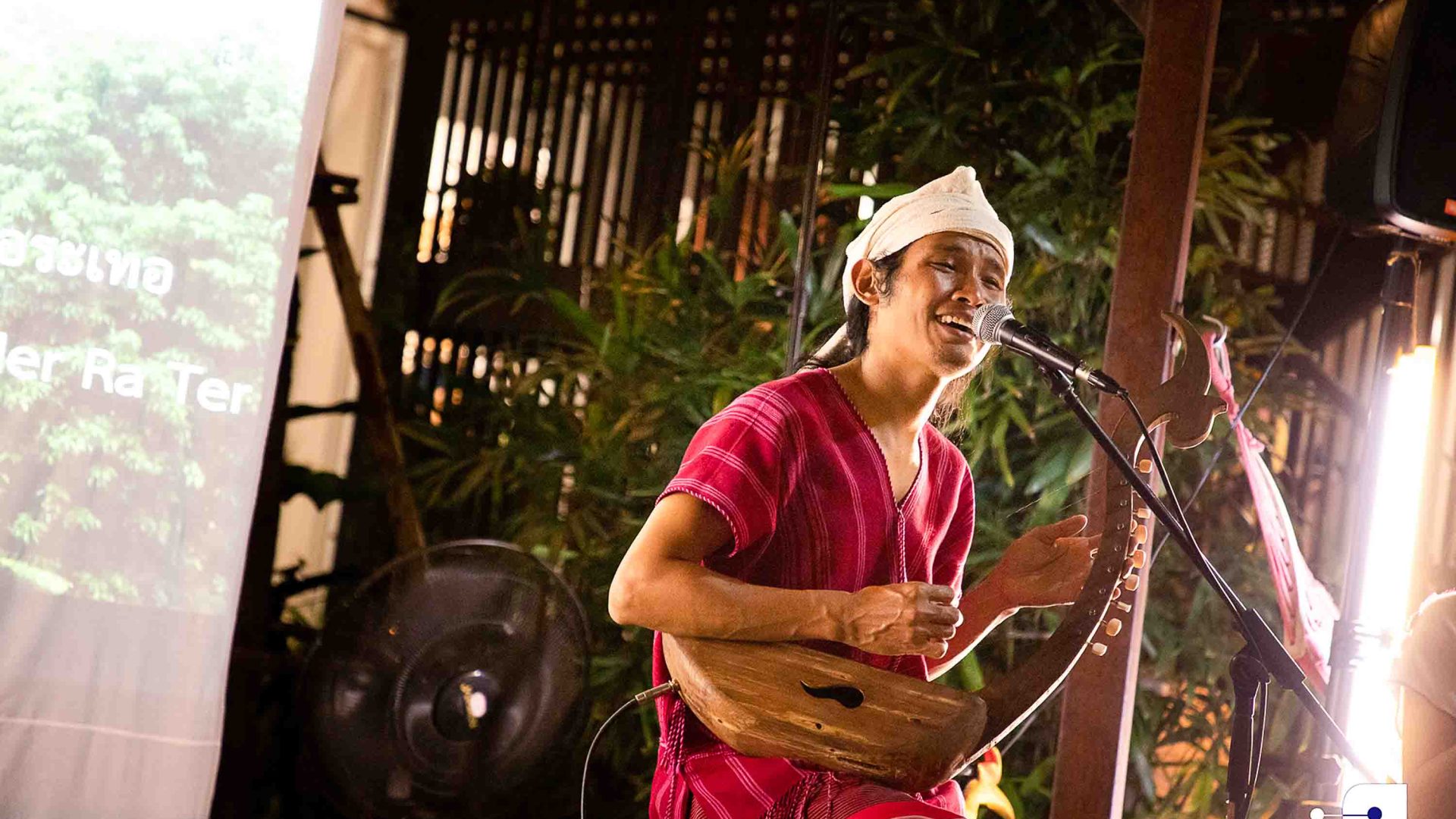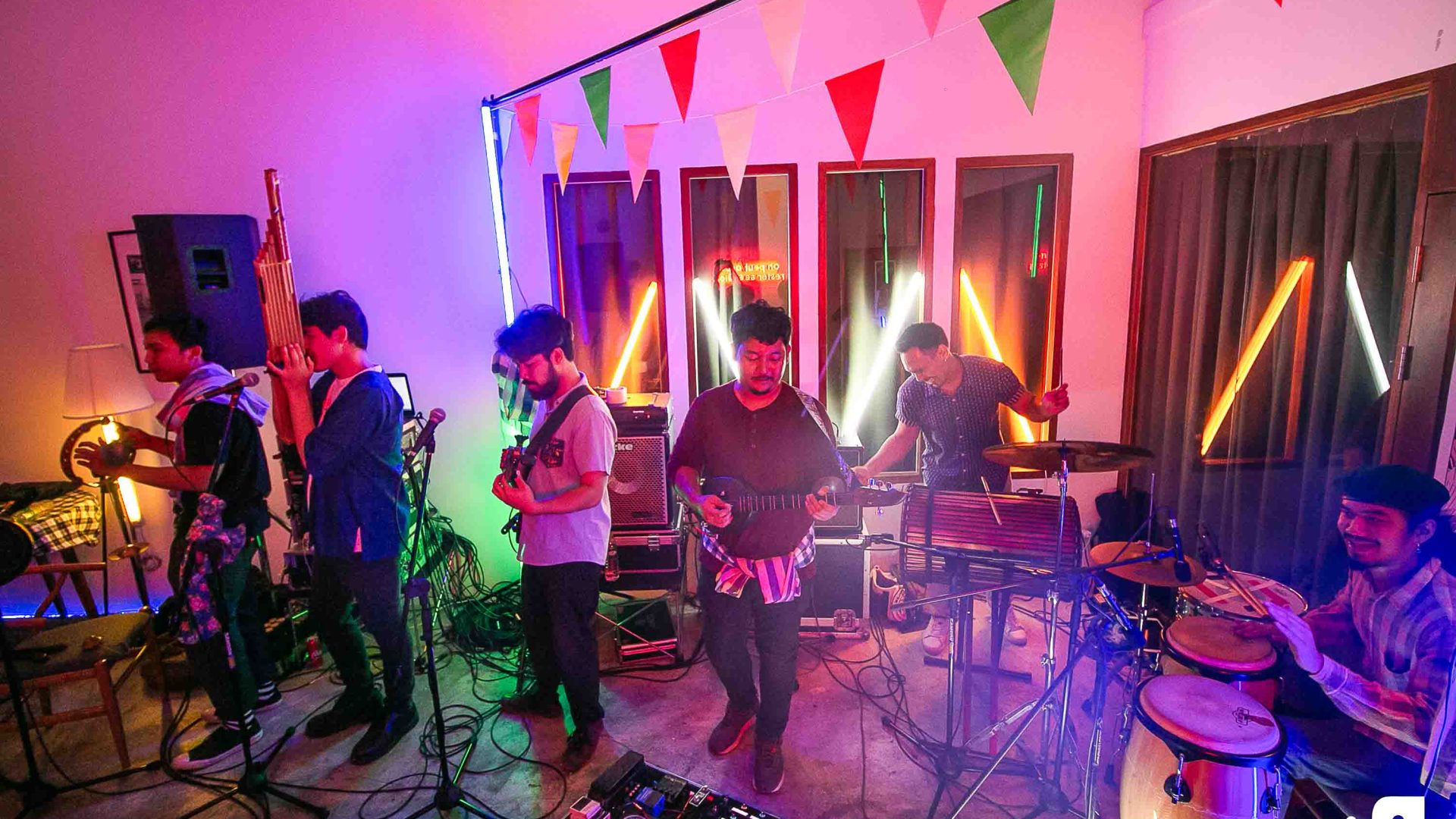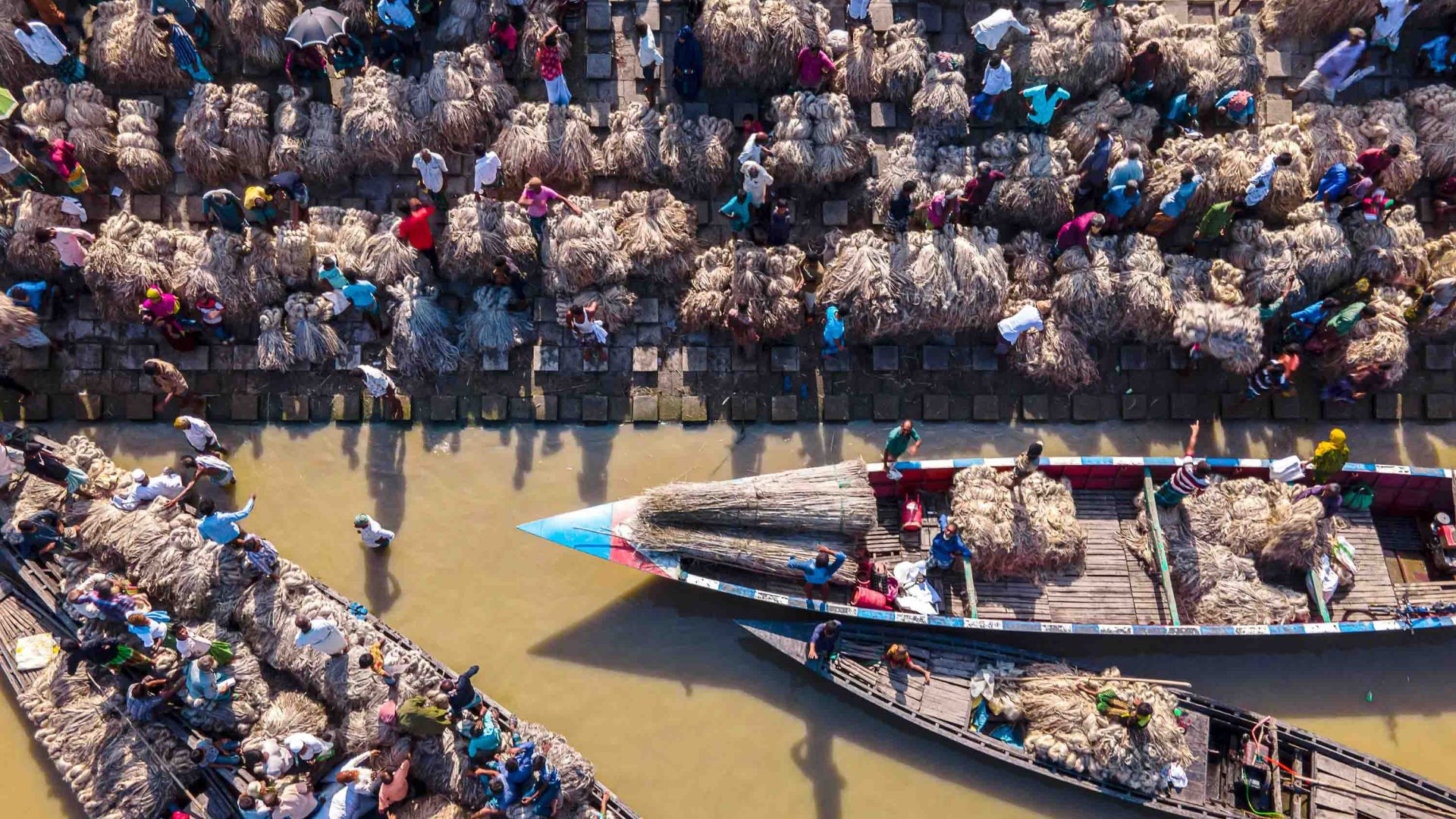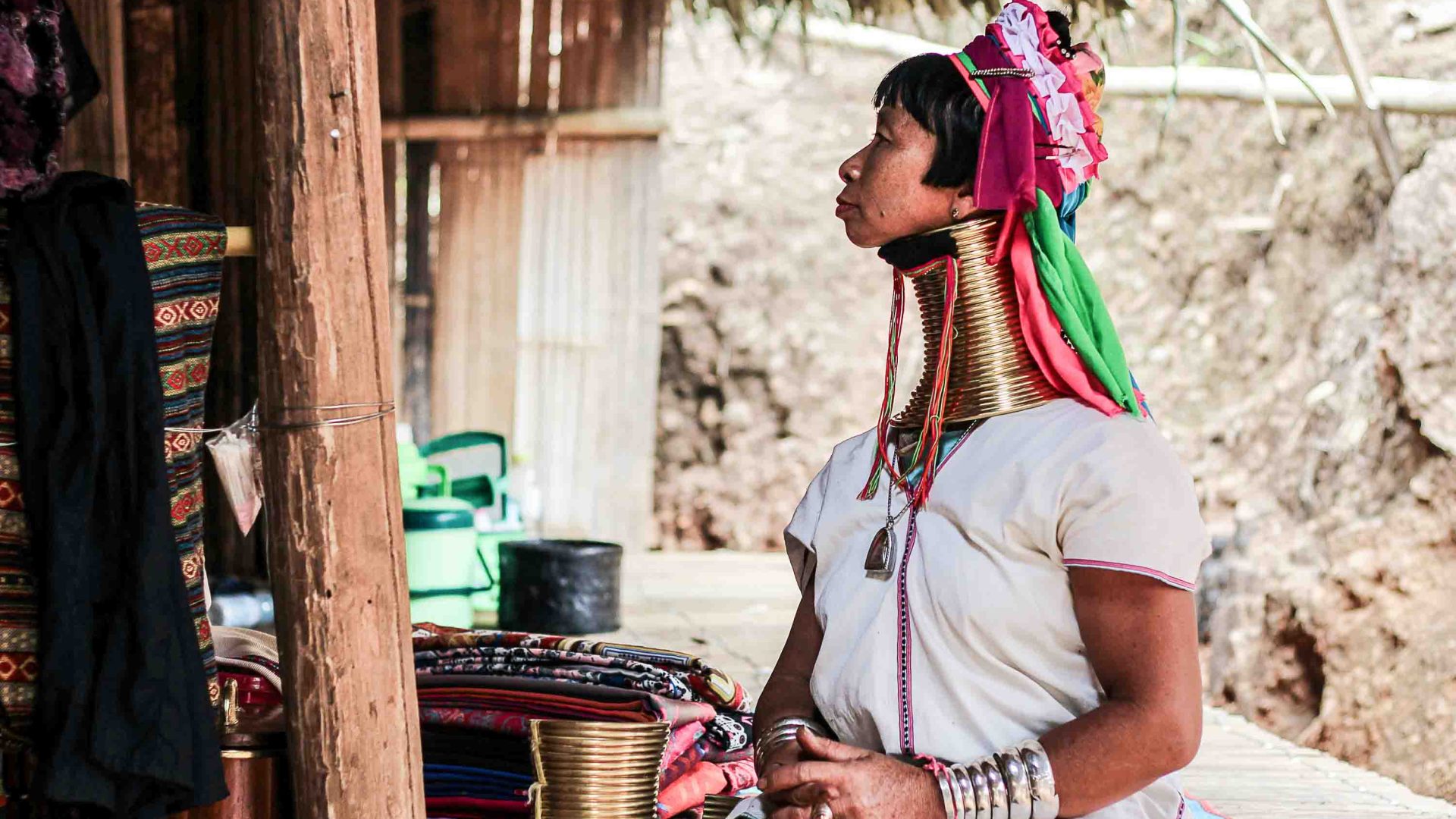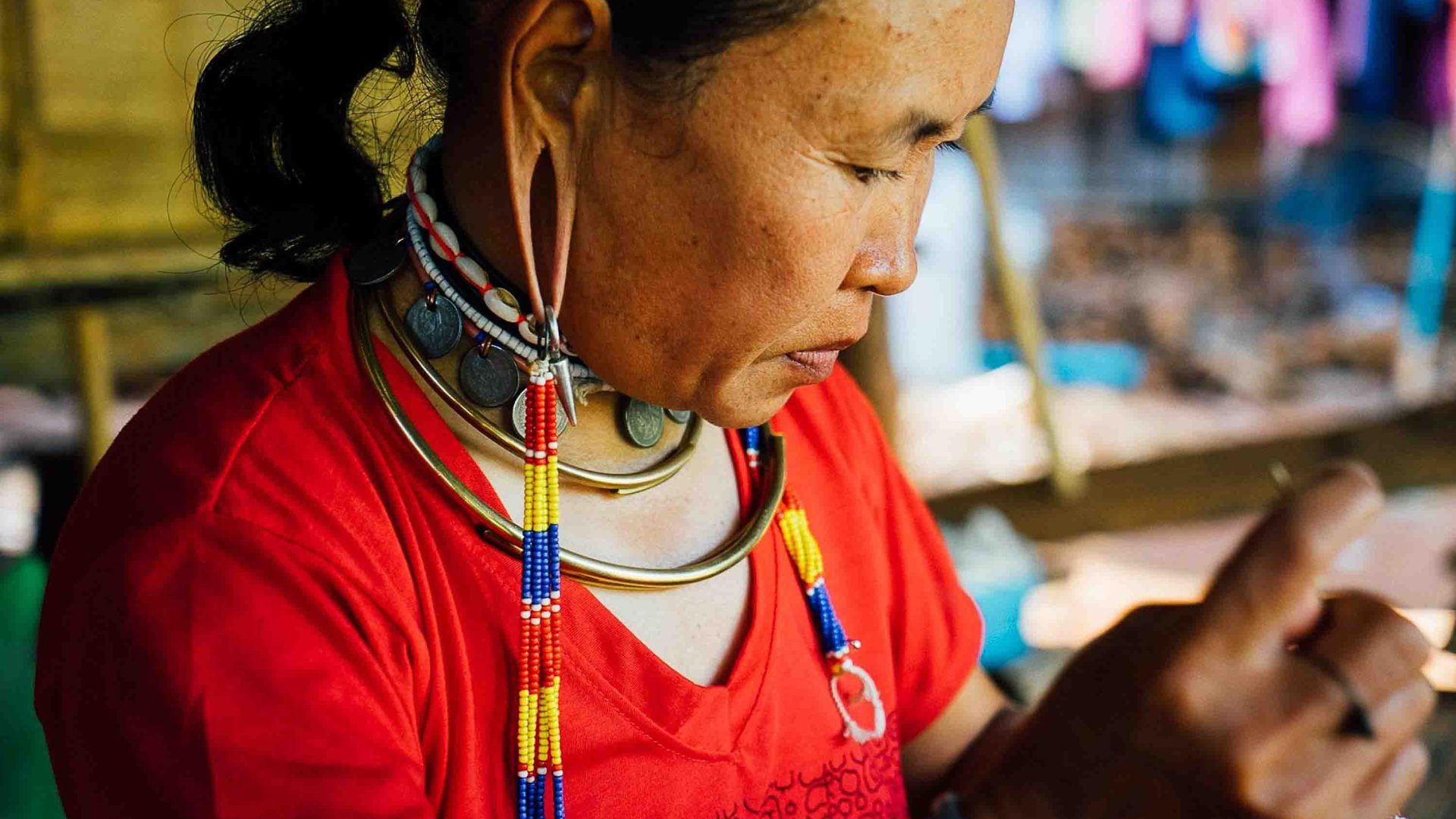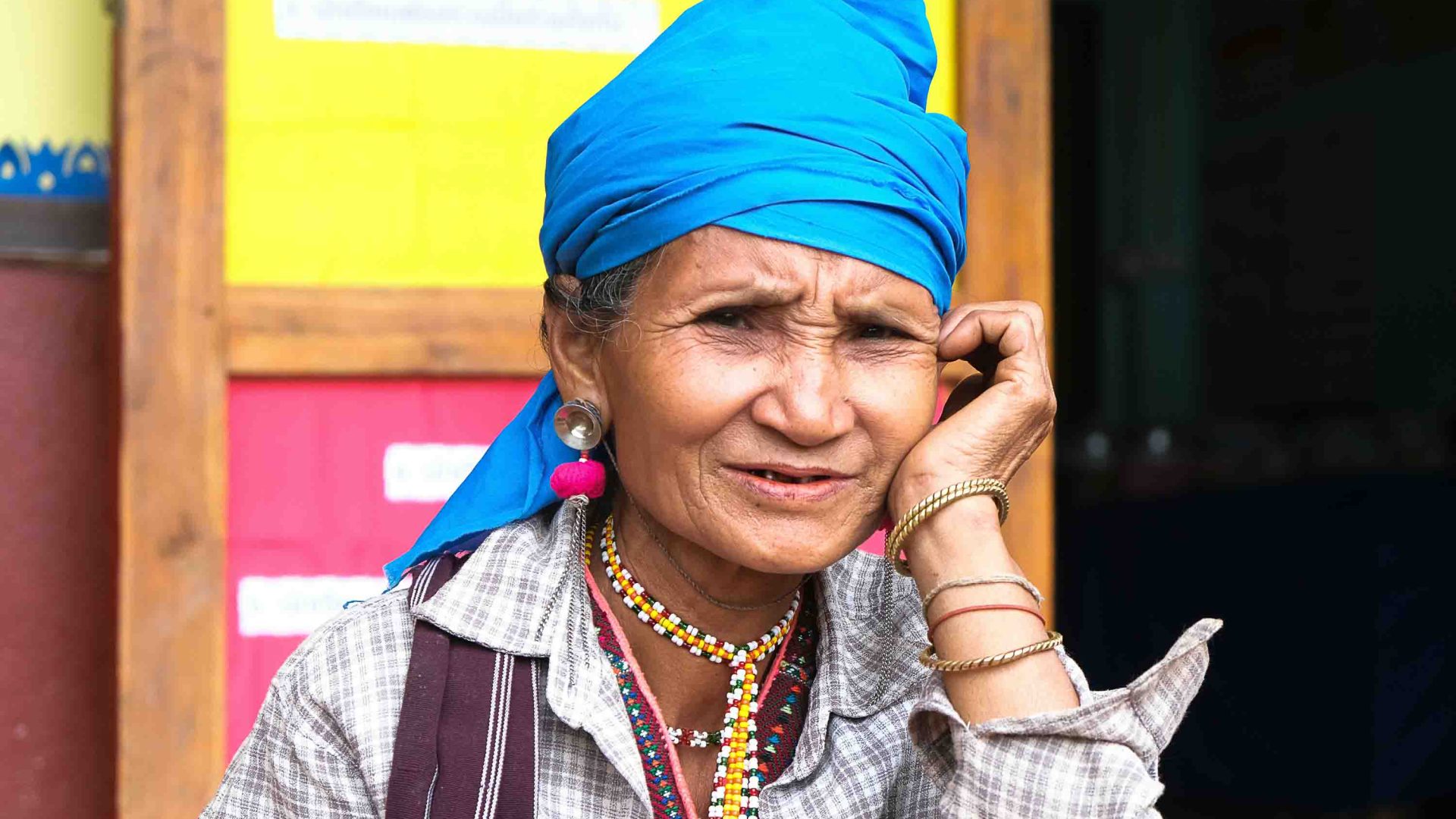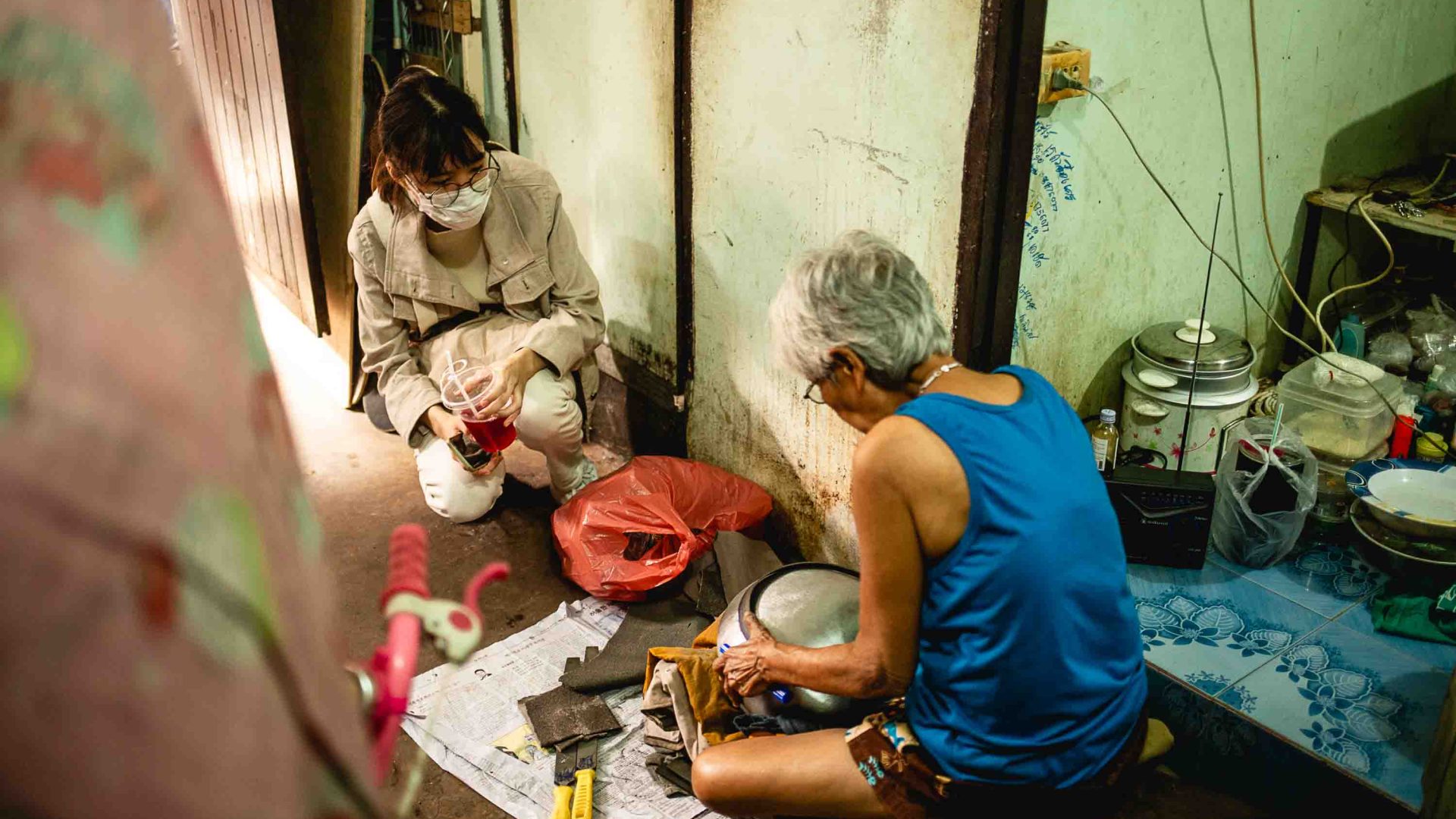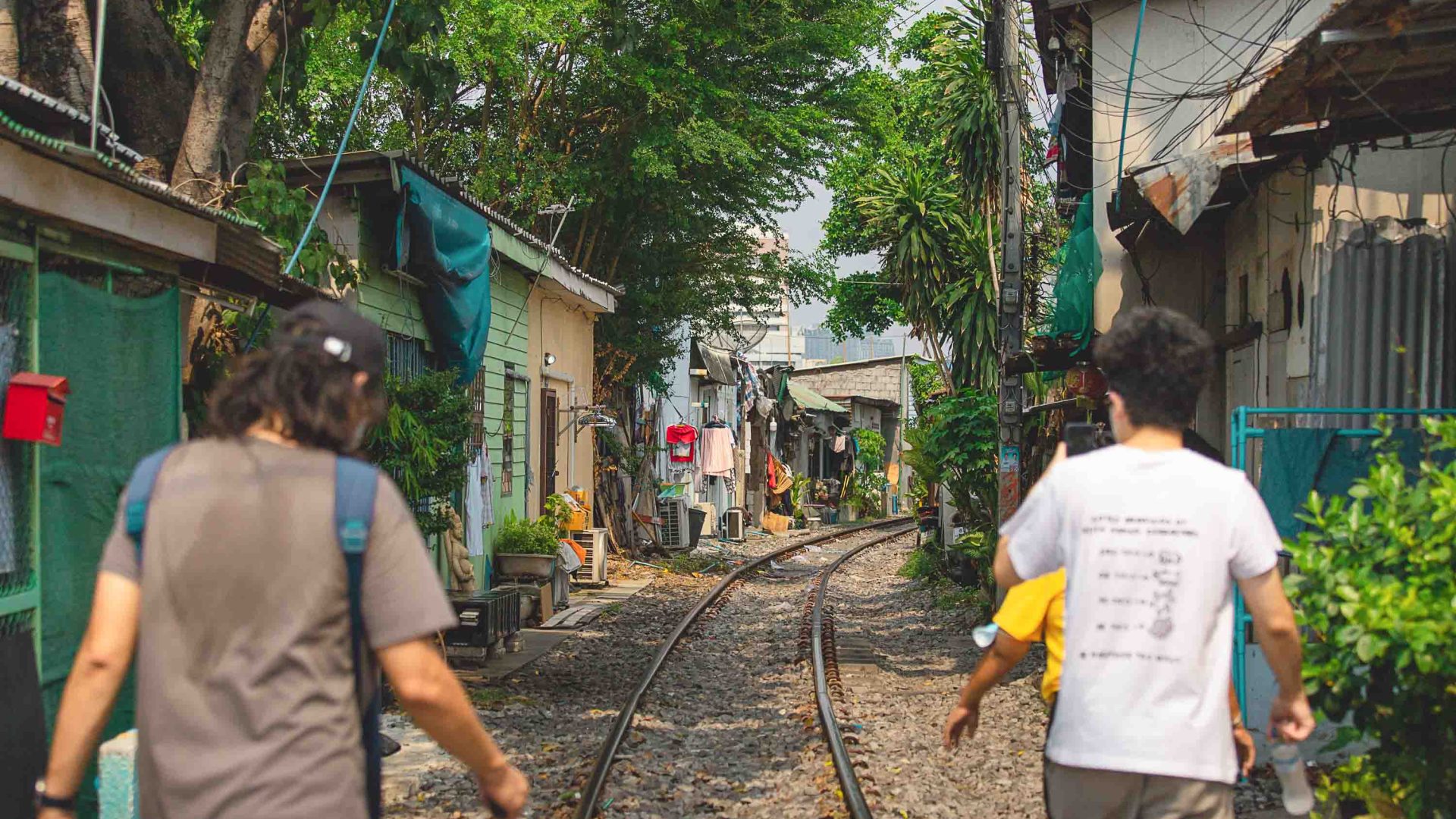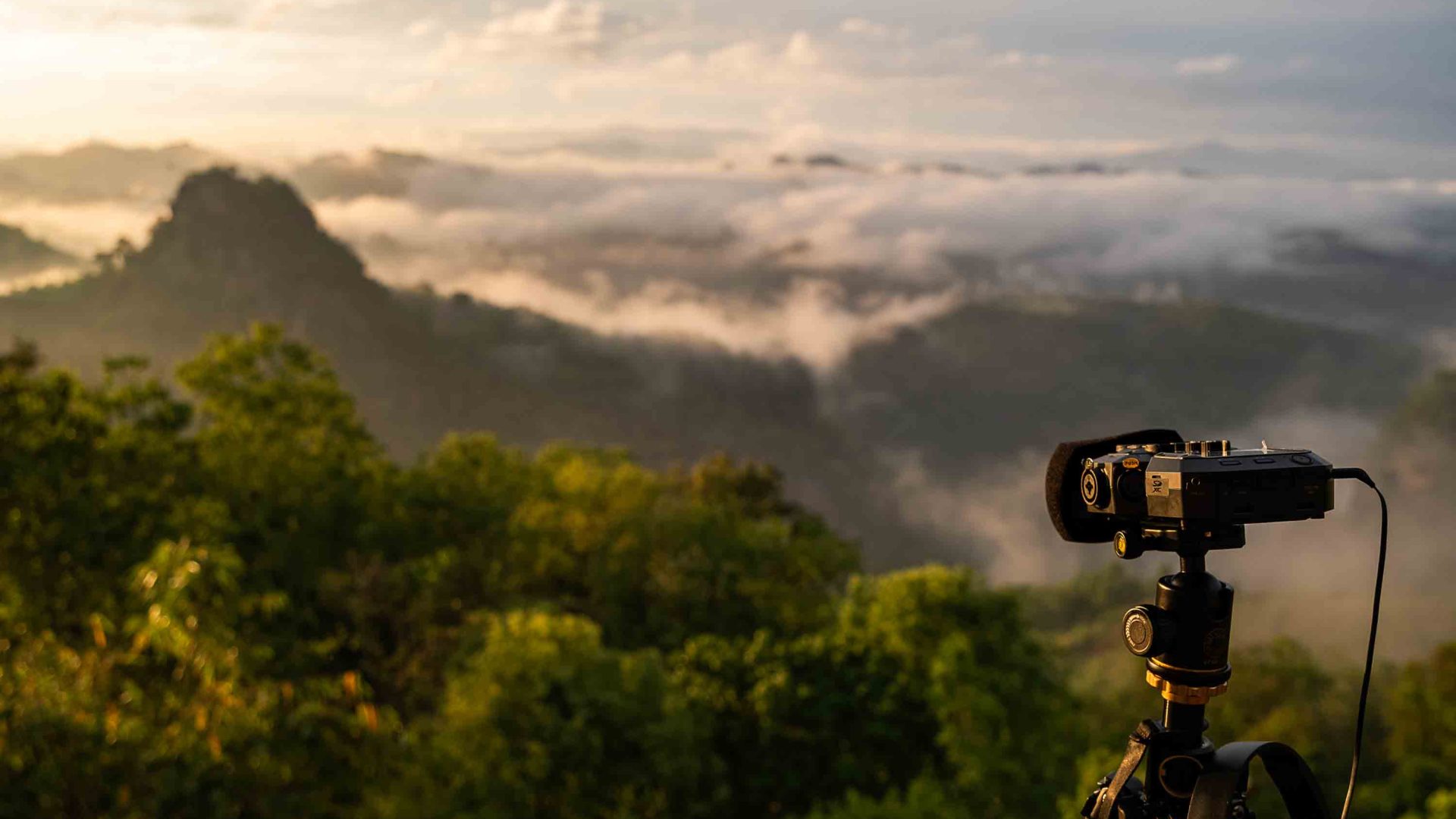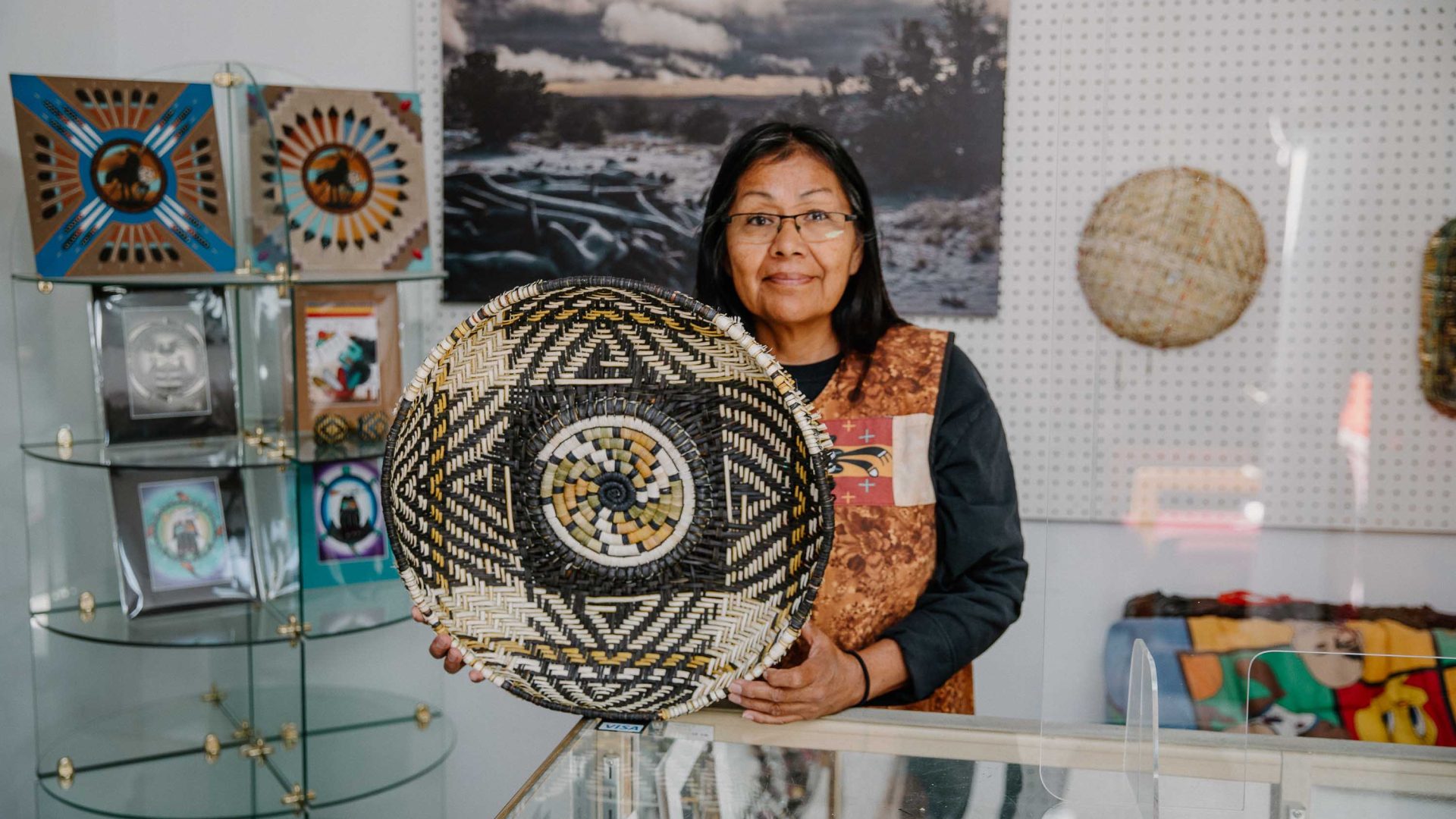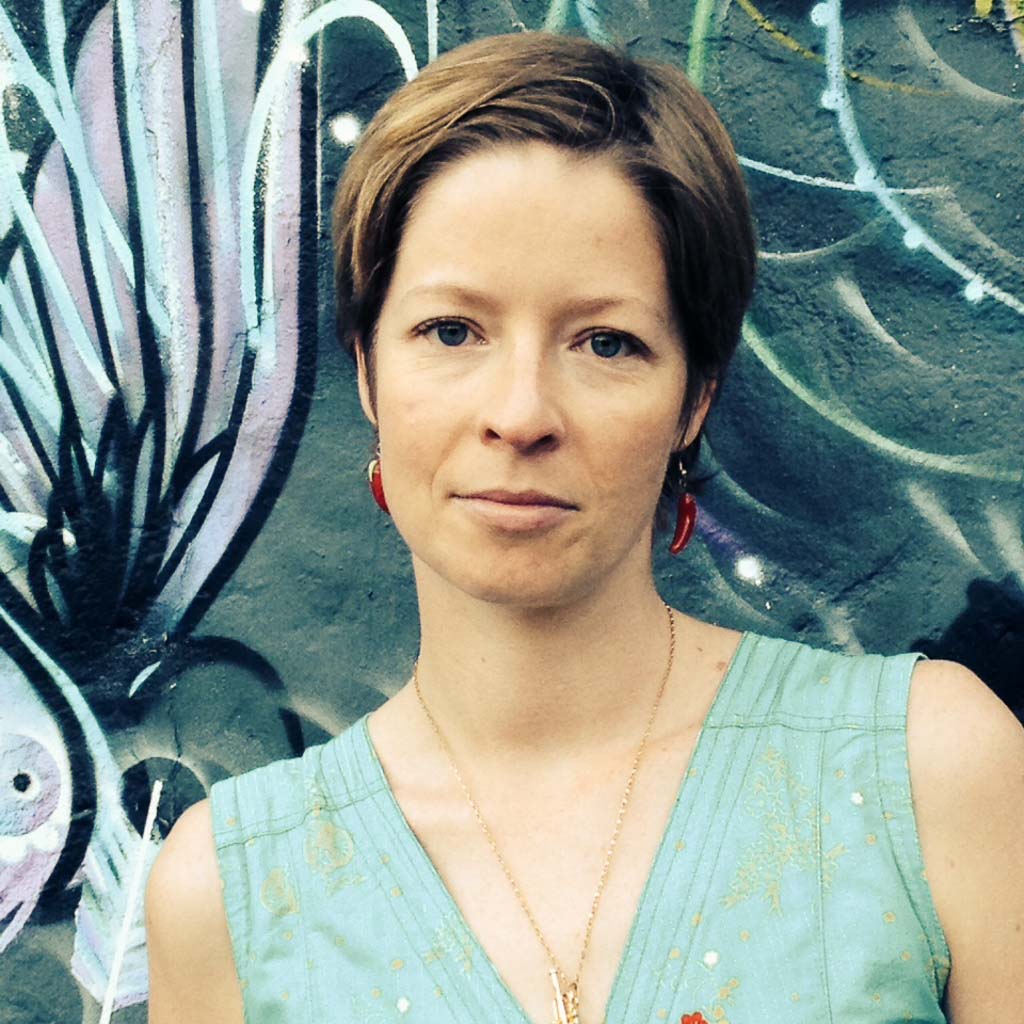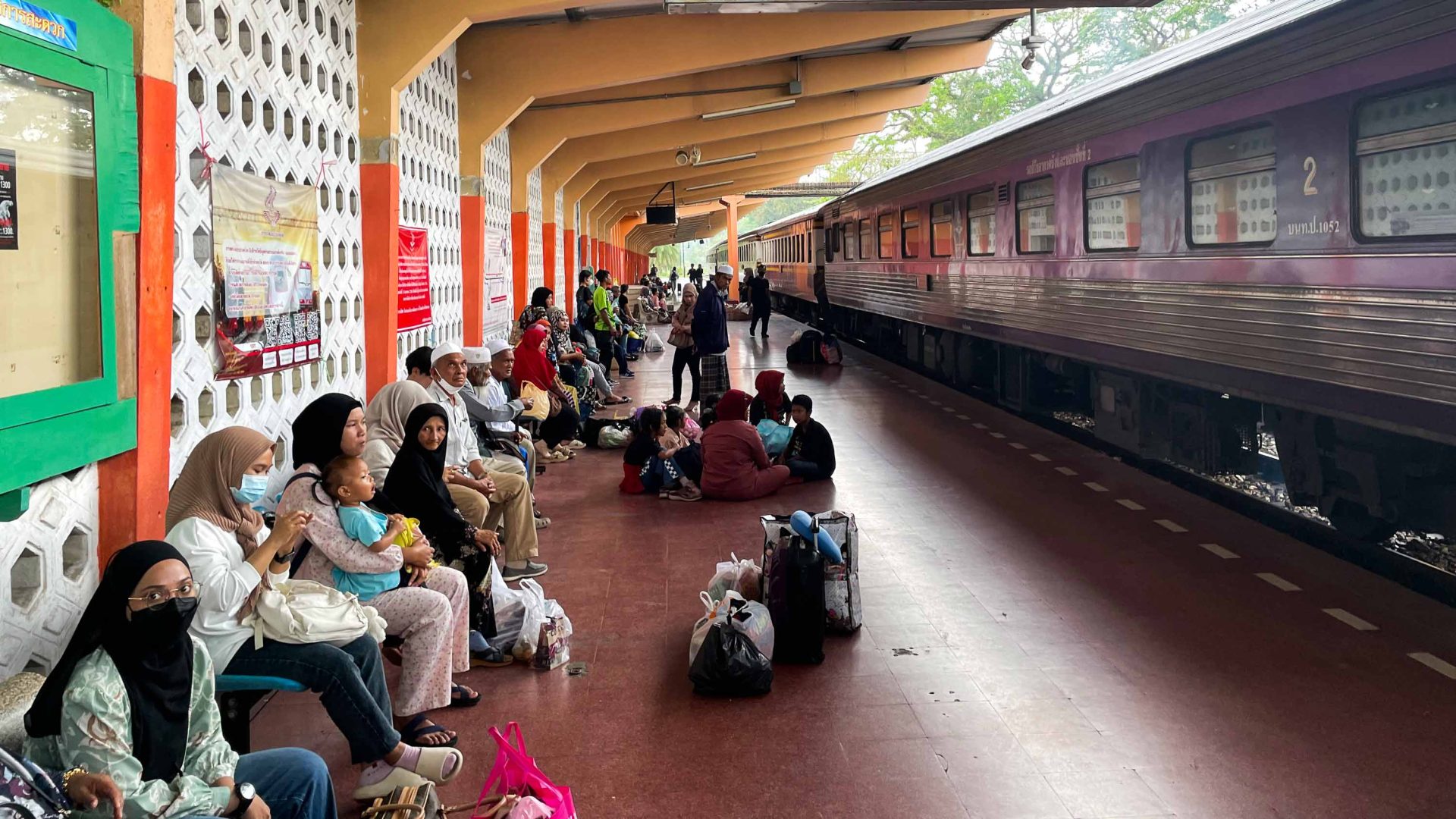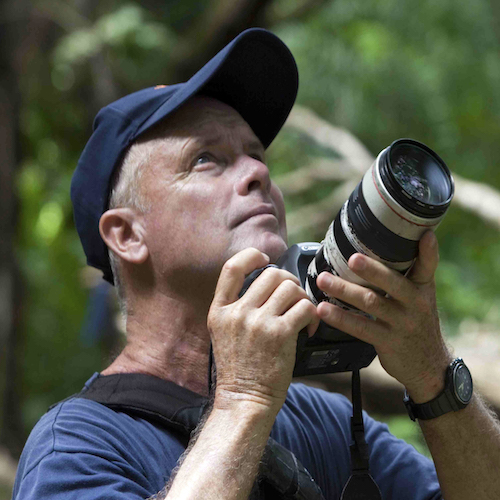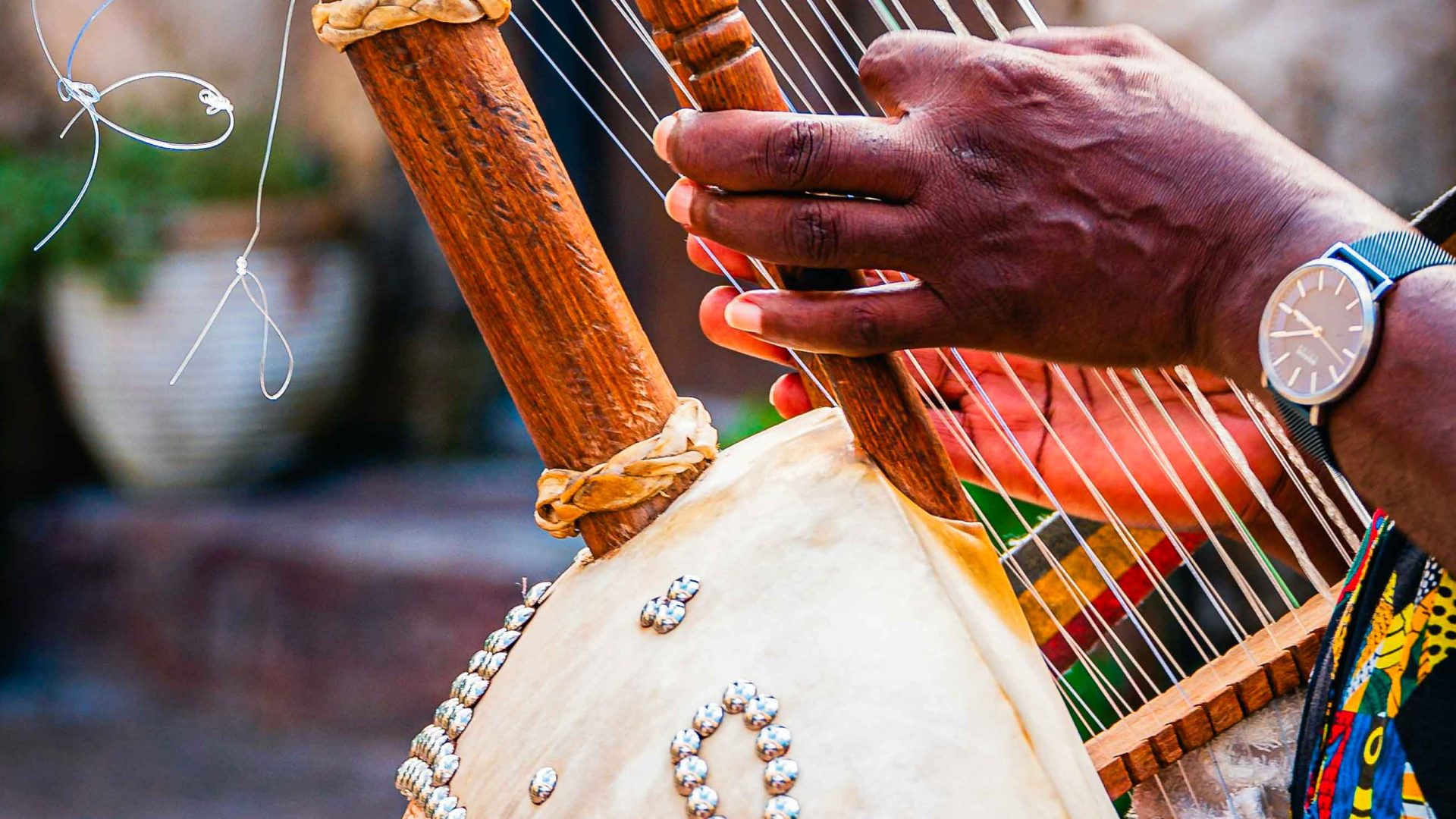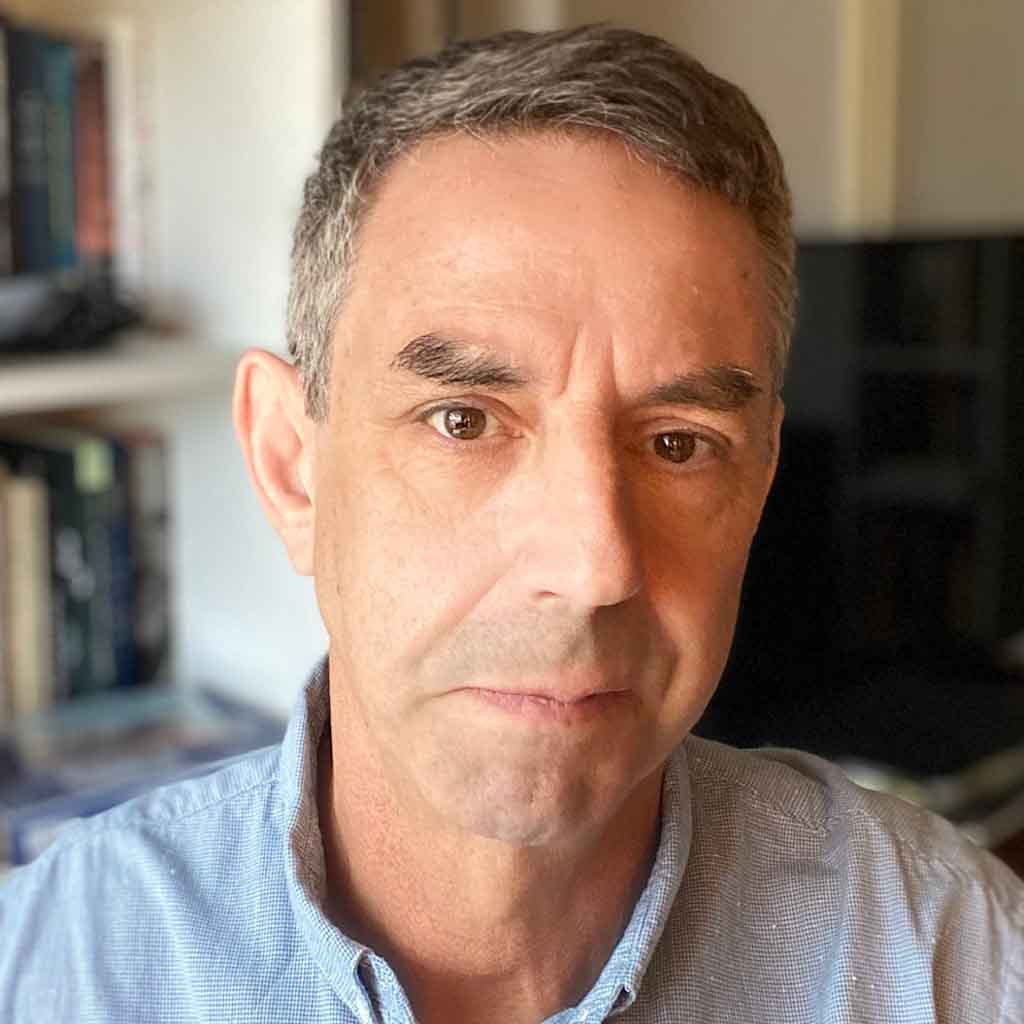That has left people like Lee feeling as if they aren’t even members of Thai society. “A lot of Indigenous people, when they go off to school in a city [like Chiang Mai or Bangkok], they don’t want to practice their traditions or speak their language because they feel insecure.”
Since so much Indigenous wisdom is passed down from elders to children through folk songs and oral teaching, these insecurities put their cultures and legacies at risk. “The elderly can’t remember everything for us,” Lee says. “We need to document [our traditions] and collect data. We need to have our own guidebook to share our treasures with future generations.”
But as Gai points out, the communities themselves need to feel a sense of ownership. “Thailand is very good at ‘preserving’ but not at caring for [our traditions],” Gai says, using the Thai word ‘raksa,’ which roughly translates to ‘taking care of’ something. “‘Preserving’ is like buying an object and keeping it on a shelf behind glass,” he says. “It’s not the same as helping us to develop.”
For example, he says the Tai Dam community requires official approval to organize large events. But local bureaucrats often seize the opportunity to turn them into promotional tourism activities. Sometimes, he adds, Indigenous people are encouraged to perform songs, dances or rituals that are reserved for specific festivals year-round, stripping them of their meaning.
“It isn’t organic,” Gai says. “It’s window-dressing.”
